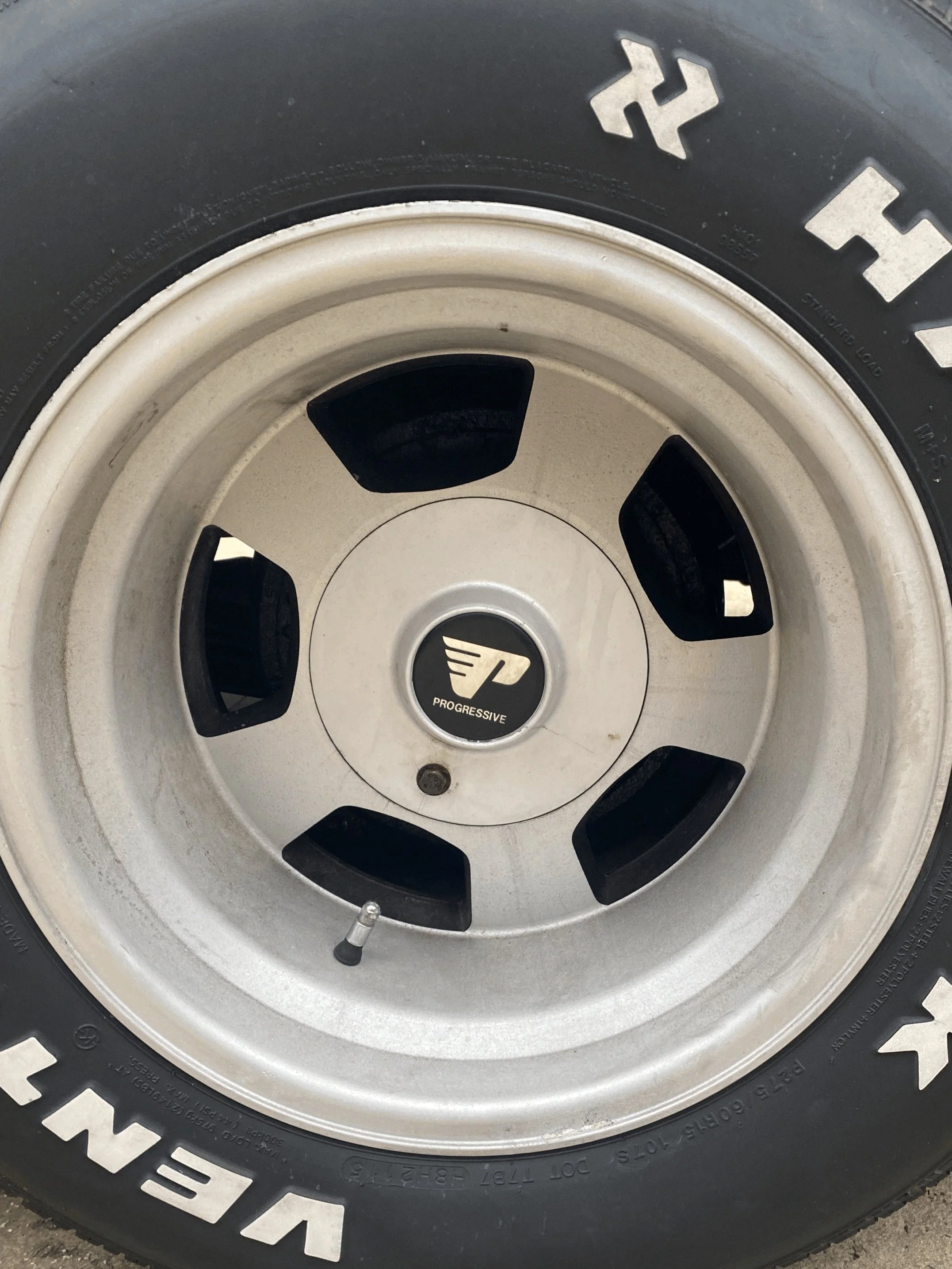AFTER The Polish-What cleaner is SAFe to use?
Now that you’ve had your vehicle professionally polished, let’s make sure you don’t have to come back!
Many people who get their vehicles polished, have a great deal of pride in them. that is to say, they take wonderful care and put a lot of work into the maintenance and appearance of those vehicles.
But after metal is professionally polished, it has been refinished and is protected. That is The nature of polishing. (And it goes Without saying, not to be confused with those, who claim to polish Metal, by hand, with clothes and some configuration of product.)
When aluminum rims have Been professionally polished, chances are they have been through some sanding processes, that removes not Only the scratches you can see, but all the imperfections, you can’t. Over The years, small stones And dirt from the road cause millions of Scratches in your rims. if sanding is not done correctly, once you begin to buff That rim, all those imperfections become glaringly obvious. Every step Must be completed to perfection, before beginning the next. And this is obviously true for every metal surface that is being polished on any Vehicle.
The nature of polishing creates a mirror finish. It removes any mill-lines from The metal along with defects and flaws. But more than that, it generates a new surface, one free from any imperfection. It is better than having a new metal, because new metals will Always have flaws from The machinery.
so after you’ve had your vehicle polished, it is very important that you do not use anything that is abrasive !
And yes, it is true, most products designed for vehicles, are abrasive!
WHY?
Because, most of of The population will not pay for a professional to polish their vehicle, so they do need products with some amount abrasiveness, to remove the imperfections on their rims (and metal surfaces) to get a better look!
So what should you use, if you have had your vehicle polished?
Plain Old Car Wash
or
Dish Soap
Yup, That’s It! Those are The safest things to use and they will not dull your polish or Your harm your car in any way. And they will get your Vehicle clean!
Until next time,
Stay Shiny!
Expert Q & A …. Sanding vs. Hand vs. Buffer
Sanding vs. Hand vs. Buffer Polishing
Yes, it does take a lot of time to buff/polish rims and parts! Even if you have a buffer/polishers and proper wheels /rouge bars it still takes time and patience to produce a desired finish. Many DIYers experience adverse effects when polishing. For instance, micro scratches/burning the metals can happen from improper speeds and applied pressure. Temperature is also important. Which is why people hire professionals to do this. And it’s probably a lot more economical than you think.
We aren’t saying you must hire professionals. In fact, there are many videos out there with detailed information on the steps and proper products to use, so you’ll end up with the desired results. Likewise, there is just as much disinformation, so be careful and be sure to fact check before using any product on your vehicles or parts! Be sure to practice on scrap materials before touching your rims or vehicles. Technique is just as important as products, temperature and tools. Ask anyone who learned the hard way, damaged metals can be costly to restore.
Long Answer short- Research & PRACTICE. There are no shortcuts.
Expert Q & A …. Safe Chemicals to Polish Aluminum Rims?
Are There Safe Chemical Polishes?
Many of the aluminum wheels and parts out there, aren’t just made of aluminum, they’re what’s called, aluminum alloy. (Which means they contain other metals, and are yet, aluminum based.) So, even though a product may claim to be safe for aluminum, that doesn’t necessarily mean it’s safe. That is why every manufacturer suggests testing products in inconspicuous areas. Every chemical has the ability to compromise appearance and finish. In fact, if one has used chemicals, professionals will most likely have to sand the rims, before they can begin polishing, to remove the (sometimes deep) imperfections chemicals can leave. In addition to those imperfections, chemicals can also open pores on the metal, making it difficult to create the desired results.
Long Answer short- Research & Test. There are no shortcuts.
